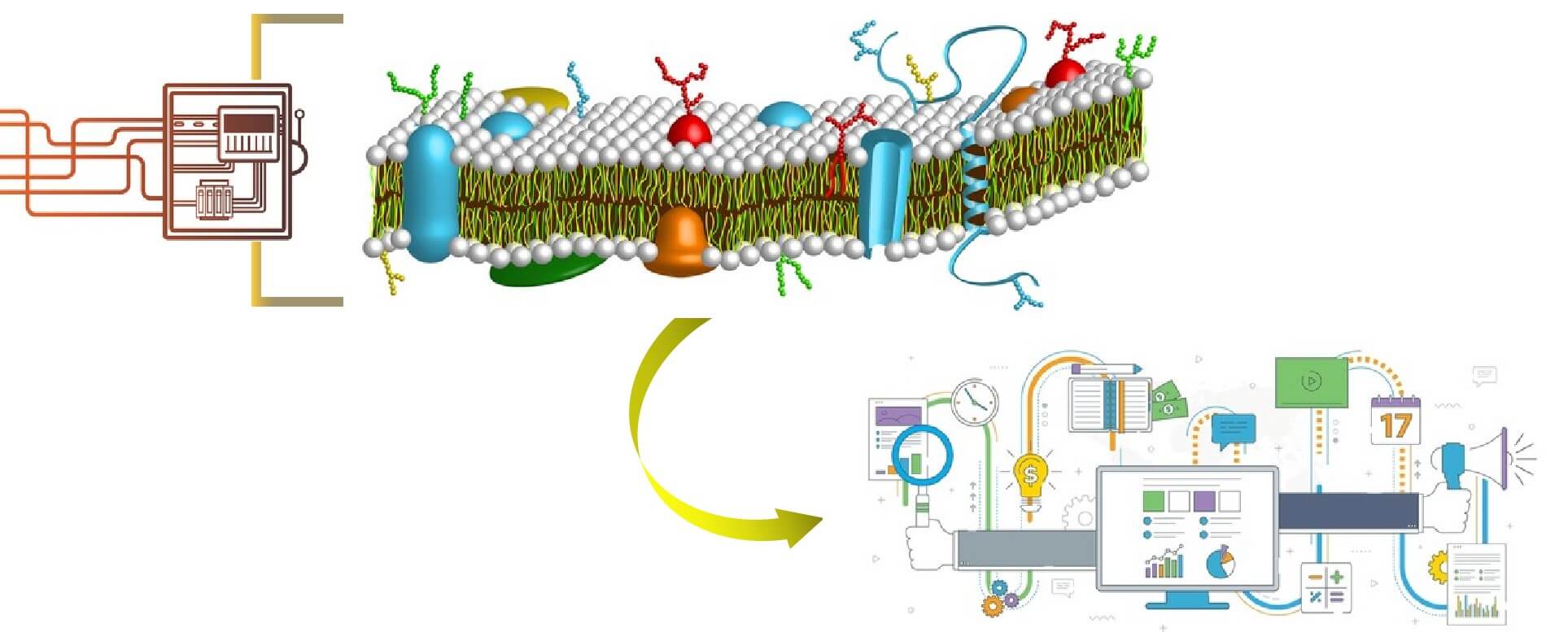Rapid detection of plant pathogens is essential for disease control and phytosanitary work. Plant pathogen detection requires discovering and identifying potential biohazardous factors (including known or unknown species of bacteria, fungi, and viruses) from plant samples. Due to the complex interactions between plants and environmental microorganisms, how to rapidly screen and accurately identify the target pathogenic microorganisms is a complex problem in front of the technicians. Nanopore sequencing technology can analyze complex nucleotide groups efficiently, rapidly, and comprehensively compared to other pathogenic microbial detection methods. Lifeasible's nanopore technology expands the idea of detecting plant pathogenic microorganisms that can't be isolated and cultured and also provides a means to accurately identify viruses, which can satisfy your needs for detecting bacteria, viruses, and multiple viruses in complex infected plant tissues.
 Figure 1. Principle of nanopore sequencing.
Figure 1. Principle of nanopore sequencing.
We extract DNA or RNA from the sample to be tested and then construct a simple library for online testing to obtain information on all pathogenic microorganisms in the plant sample. This simplifies the research process, shortens the research period, and detects more genes and unknown sequences than other methods.
Rapid detection of plant pathogens is a prerequisite for plant disease control. Nanopore sequencing is a real-time sequencing technology that converts nucleic acid base signals into electrical signals, with the advantages of ultra-long sequencing read lengths and real-time sequencing, allowing rapid determination of the full-length sequences of DNA and RNA. Lifeasible offers nanopore sequencing-based rapid plant pathogen detection with high accuracy, multiple targets, and real-time analysis of test results. Please feel free to contact us with any information about the plant pathogens you would like to test for so that we can quickly customize a test for you.
Lifeasible has established a one-stop service platform for plants. In addition to obtaining customized solutions for plant genetic engineering, customers can also conduct follow-up analysis and research on plants through our analysis platform. The analytical services we provide include but are not limited to the following:
July 13, 2024